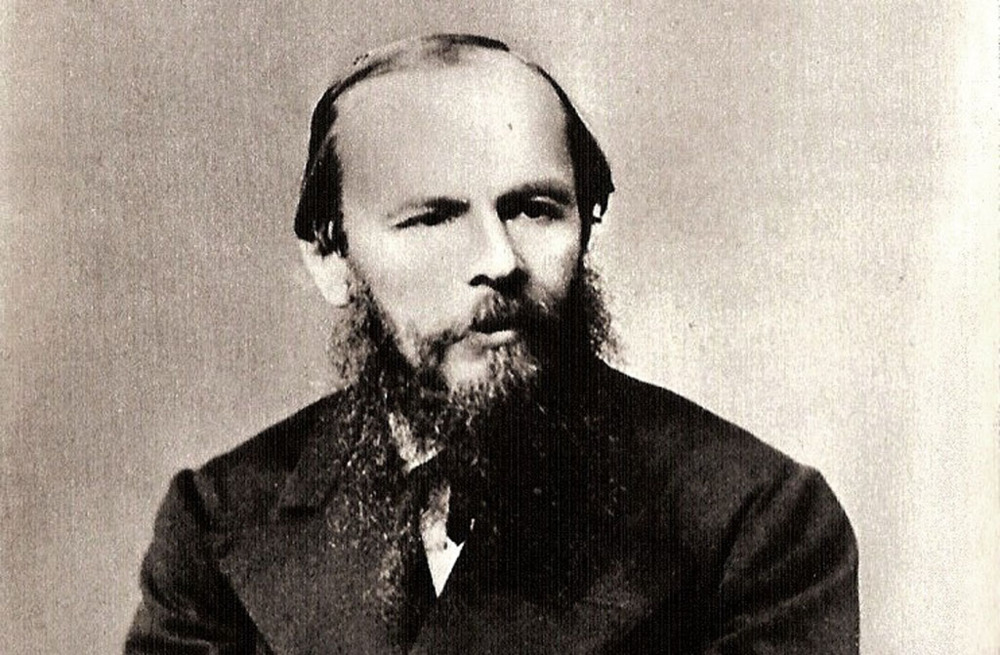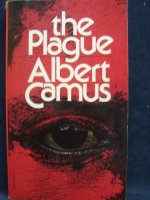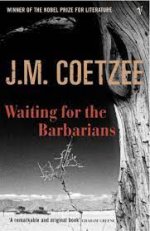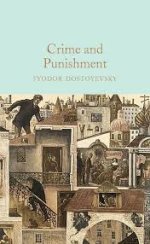I know there are at least a few fellow admirers of Dostoevsky's works on here, so I thought I'd share this essay I just came across. The first two paragraphs are below with the link to the rest if you wish to read it.
Dostoevsky represents one powerful reply to many of the cataclysmic changes that have swept modern Western civilization since the eighteenth century.
Few novelists have been feted with praise as much as the nineteenth-century Russian novelist Fyodor Mikhailovich Dostoevsky (1821-1881). Numerous intellectuals regarded him as the prophet of their age, quite literally. Albert Camus proclaimed Dostoevsky, not Karl Marx, the “prophet of the twentieth century.” The German philosopher Friedrich Nietzsche despised Christianity but admired the Orthodox Dostoevsky, saying he was “the only psychologist from whom I have anything to learn.”
Sigmund Freud called Dostoevsky’s novel The Brothers Karamazov “the most magnificent novel ever written.” Albert Einstein echoed Freud’s opinion, calling it “the most wonderful book I have ever laid my hands on” and that “Dostoevsky gives me more than any scientist, more than Gauss!” (He was referring to Carl Friedrich Gauss, a nineteenth century mathematician.)

 crisismagazine.com
crisismagazine.com
Dostoevsky represents one powerful reply to many of the cataclysmic changes that have swept modern Western civilization since the eighteenth century.
Few novelists have been feted with praise as much as the nineteenth-century Russian novelist Fyodor Mikhailovich Dostoevsky (1821-1881). Numerous intellectuals regarded him as the prophet of their age, quite literally. Albert Camus proclaimed Dostoevsky, not Karl Marx, the “prophet of the twentieth century.” The German philosopher Friedrich Nietzsche despised Christianity but admired the Orthodox Dostoevsky, saying he was “the only psychologist from whom I have anything to learn.”
Sigmund Freud called Dostoevsky’s novel The Brothers Karamazov “the most magnificent novel ever written.” Albert Einstein echoed Freud’s opinion, calling it “the most wonderful book I have ever laid my hands on” and that “Dostoevsky gives me more than any scientist, more than Gauss!” (He was referring to Carl Friedrich Gauss, a nineteenth century mathematician.)

Dostoevsky for Catholics (and Everyone Else), Part I
Dostoevsky represents one powerful reply to many of the cataclysmic changes that have swept modern Western civilization since the eighteenth century.
















